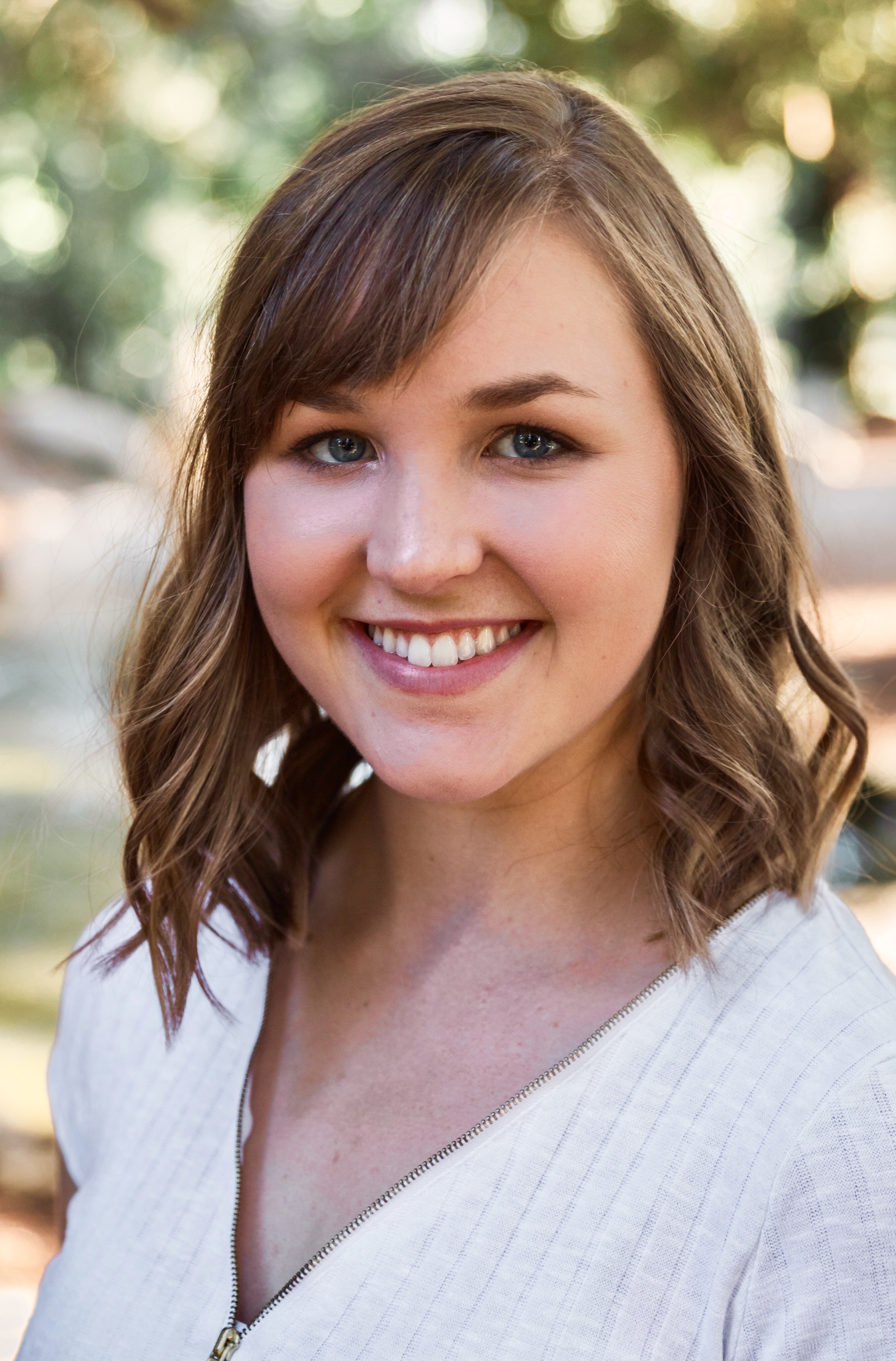Bethany Johnson and Nicholas Grunloh, PhD students from University of California, Santa Cruz, have been selected for the 2019 NOAA National Marine Fisheries Service-Sea Grant Fellowship.
Johnson and Grunloh are among eight recipients of the population and ecosystem dynamics fellowship awarded nationally through a competitive selection process. The program supports students pursuing doctoral degrees in population and ecosystem dynamics as well as marine resources economics. The two-year fellowship is a focused workforce development effort to train professionals in the highly specialized field for NOAA’s science-based approach to fisheries management and living marine resources.
The joint fellowship program has supported 100 population and ecosystem dynamics students and 36 marine resource economics students since its inception. Ninety-five percent of alumni remain in their field of study after completing the fellowship program.
Meet the 2019 California NMFS-Sea Grant fellows
 Bethany Johnson is a Ph.D. student at the University of California, Santa Cruz studying applied mathematics in the context of fisheries management. She graduated from Sonoma State University with a bachelor’s degree in applied and pure mathematics in 2017. Her research focuses on forecasting harvested populations from the California current ecosystem.
Bethany Johnson is a Ph.D. student at the University of California, Santa Cruz studying applied mathematics in the context of fisheries management. She graduated from Sonoma State University with a bachelor’s degree in applied and pure mathematics in 2017. Her research focuses on forecasting harvested populations from the California current ecosystem.
Project summary: Empirical dynamic modeling for assessment and management of short-lived species

Nicholas Grunloh is a Ph.D. student at the University of California, Santa Cruz studying statistics and applied mathematics. He earned a bachelor’s degree in marine biology from UC Santa Cruz in 2012 and currently works as a statistician at the NOAA Southwest Fisheries Science Center. His research interests include questions at the intersection of Bayesian statistics and quantitative fisheries management.
Project summary: Simulation driven Bayesian calibration of data weighting
About California Sea Grant
NOAA’s California Sea Grant College Program funds marine research, education and outreach throughout California. Headquartered at Scripps Institution of Oceanography at the University of California San Diego, California Sea Grant is one of 34 Sea Grant programs in the National Oceanic and Atmospheric Administration (NOAA), U.S. Department of Commerce.